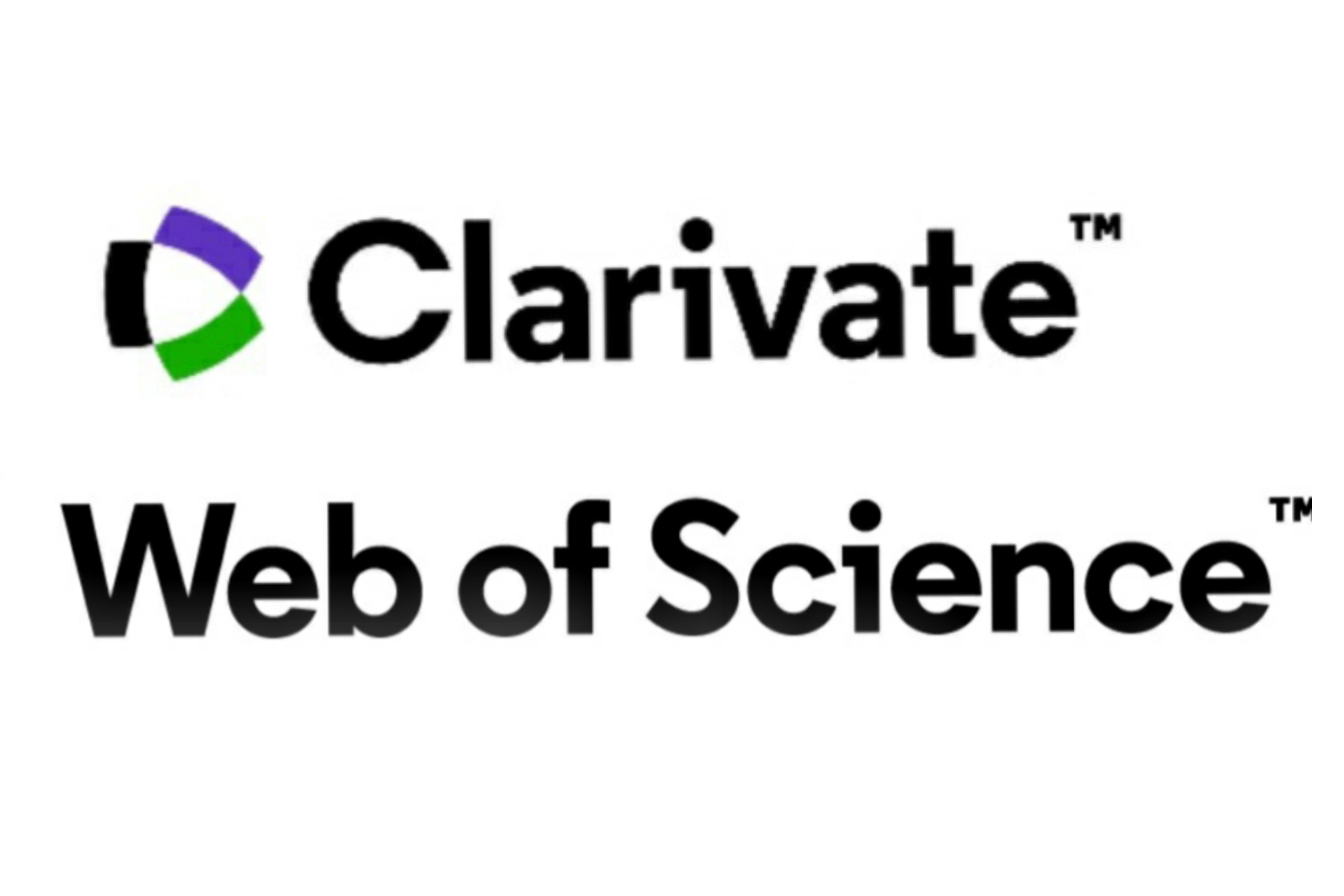Construction of a solution of the controllability problem for linear integral and differential equations with restrictions
Keywords:
linear integral and differential equations, phase and integral constraints, optimization problem, minimizing sequencesAbstract
A method of solution of the controllability problem for the processes described by linear integral and differential equations with boundary conditions in the presence of phase and integral constraints with the constraints of the control values is supposed. The origin boundary value problem is immersed to the boundary value problem of a linear differential equation by introducing the auxiliary control functions. The set of all controls are determined, each element of which translates the trajectory of the linear system from any starting point to any desired end state. This approach yields to obtain the equivalent identities and reduce the solutions of the origin boundary value problem to an initial optimal control problem. Minimizing sequences which limit points are the solutions of the controllability problem of linear integral and differential equations with restrictions are constructed. Constructiveness of the proposed method is shown in the example.
References
[2] Aisagaliev S. A., «Obschee reshenie odnogo klassa integralnyih uravneniy [The general solution of a class of integral equations]», Matematicheskiy zhurnal (2005) : 17–34.
[3] Aisagaliev S. A. Teoriya upravlyaemosti dinamicheskih sistem [Controllability theory of dynamical systems] (Kazakh universiteti, 2014), 158.
[4] Aisagaliev S. A. Konstruktivnaya teoriya kraevyih zadach obyiknovennyih differentsialnyih uravneniy [Constructive theory of boundary value problems for ordinary differential equations](Almaty: Kazakh universiteti, 2015), 207.
[5] Aisagaliev S. A., Aisagalieva S. S., «Suschestvovanie resheniya zadachi upravlyaemosti dlya lineynyih integro- differentsialnyih uravneniy s ogranicheniyami [The existence of a solution of the controllability problem for linear integral and differential equations with restrictions]», Vestnik KazNU, ser. meh., mat., inf. (2017) : 3-17.
[6] Aisagaliev S. A., Belogurov A. P., «Upravlyaemost i byistrodeystvie protsessa, opisyivaemogo parabolicheskim uravneniem s ogranichennyim upravleniem [Controllability and speed of the process described by a parabolic equation with bounded control]», Sibirskiy matematicheskiy zhurnal (2012) : 20–36.
[7] Aisagaliev S. A., Kabidoldanova A. A. «Optimalnoe upravlenie lineynyimi sistemami s lineynyim kriteriem kachestva i ogranicheniyami [On the optimal control of linear systems with linear performance criterion and constraints]», Differentsialnyie uravneniya (2012) : 826–836.
[8] Aisagaliev S. A., Kalimoldaev M. N., «Konstruktivnyiy metod resheniya kraevoy zadachi dlya obyiknovennyih differentsialnyih uravneniy [Constructive method for solving a boundary value problem for ordinary differential equations]», Differentsialnyie uravneniya (2015) : 147–160.
[9] Ananevskiy I. M., Anahin N. V., Ovseevich A. I., «Sintez ogranichennogo upravleniya lineynyimi dinamicheskimi sistemami s pomoschyu obschey funktsii Lyapunova [Synthesis of limited control for linear dynamical systems with the using of the general Lyapunov function]», Dokladyi RAN (2010) : S. 319-323.
[10] Bellman R. Matematicheskie metodyi v meditsine [Mathematical Methods in Medicine] (M.: Mir, 1987), 282.
[11] Byikov Ya.V., O nekotoryih zadachah teorii integro-differentsialnyih uravneniy [On some problems of the theory of integro-differential equations] (Frunze: Ilim, 1957), 312.
[12] Emelyanov S. V., Krischenko A. P., «Stabilizatsiya neregulyarnyih sistem [Stabilization of irregular systems]», Differentsialnyie uravneniya (2012) : 1516-1524.
[13] Gabasov R., Kirillov F. M. Kachestvennaya teoriya optimalnyih protsessov [Qualitative theory of optimal processes] (M.: Nauka, 1971), 421.
[14] Glushkov V.M., Ivanov V.V., Yanenko V.M. Modelirovanie razvivayuschihsya sistem [Modeling of developing systems] (M.: Nauka, 1983), 285.
[15] Imanaliev M.I. Metodyi resheniya nelineynyih obratnyih zadach i ih prilozheniya [Methods for solving nonlinear inverse problems and their applications] (Frunze: Ilim, 1977), 302.
[16] Imanaliev M.I. Obobschennyie resheniya integralnyih uravneniy pervogo roda [Generalized solutions of integral equations of the first kind] (Frunze: Ilim, 1981), 265.
[17] Kalman R. E., «Ob obschey teorii sistem upravleniya [On the General Theory of Control Systems]». Trudyi 4 Kongressa Mezhdunarodnaya federatsii po avtomaticheskomu upravleniyu, AN SSSR, 1961.
[18] Korovin S. K., Kapalin I. V., Fomichev V. V., «Minimalnyie stabilizatoryi dlya lineynyih dinamicheskih sistem [Minimum stabilizers for linear dynamic systems]». Dokladyi RAN, 2011.
[19] Krasnov M.L. Integralnyie uravneniya [Integral equations] (M.: Nauka, 1975), 304.
[20] Krasovskiy N. N. Teoriya upravleniya dvizheniem [Theory of motion control] (M.: Nauka, 1968), 475.
[21] Lakshmikantham V., Rao M.R. Theory of integro-differential equations (London, 1995), 402.
[22] Li E. V., Markus L. Osnovyi teorii optimalnogo upravleniya [Fundamentals of Optimal Control Theory] (M.: Nauka, 1972), 575.
[23] Nikolis G., Prigozhin I. Samoorganizatsiya v neravnovesnyih sistemah [Self-organization in nonequilibrium systems] (M.: Mir, 1979), 245.
[24] Romanovskiy Yu.M., Stepanova N.V., Chernavskiy D.S. Matematicheskaya biofizika [Mathematical Biophysics] (M.: Nauka, 1984), 290.
[25] Rubin A.B. Termodinamika biologicheskih protsessov [Thermodynamics of biological processes] (Izd-vo MGU, 1984), 352.
[26] Semenov Yu. M., «O polnoy upravlyaemosti lineynyih neavtonomnyih sistem [On the complete controllability of linear nonautonomous systems]», Differentsialnyie uravneniya (2012) : 1263-1277.
[27] Varga Dzh. Optimalnoe upravlenie differentsialnyimi i funktsionalnyimi uravneniyami [Optimal control of differential and functional equations] (M.: Nauka, 1977), 585.
[28] Volterra V. Matematicheskaya teoriya borbyi za suschestvovaniya [The mathematical theory of the struggle for existence] (M.: Nauka, 1976), 320.
[29] Zubov V. I. Lektsii po teorii upravleniya [Lectures on the control theory] (M.: Nauka, 1975), 502.














